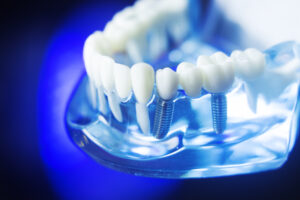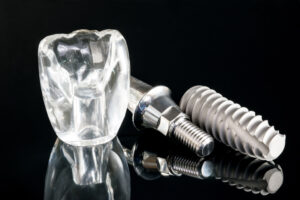Fear of the dentist is incredibly common, ranging from mild to severe. However, dental phobia, also known as dentophobia, is a more serious condition that can interfere with your life. Many people with this phobia postpone even critical dental procedures, putting their oral and physical health at risk. Here’s what you need to know.
Specific Fears
Dental phobia is a global term that encompasses many different specific fears. Although it is possible to fear anything related to seeing the dentist, the following are among the most common:
Possible Consequences
Everyone is different. Genetics, diet, home care, and numerous other factors affect your oral health. Therefore, some people are at high risk for dental disease after missing a single cleaning, while others can postpone dental care for years without significantly impacting their oral health.
Still, dental disease is progressive. Once you develop a cavity or gingivitis, it is only a matter of time before it worsens significantly. This means even more invasive and expensive procedures, and puts you at risk for tooth loss. It can also lead to a vicious cycle in which fearful patients become even less likely to make a dentist appointment, as they know that they will need extensive work.
Yet neglecting your teeth can wreak havoc on your career and your social life. You might gradually start to isolate yourself, raising your risks for anxiety, depression, and even substance abuse. In addition, dental disease can cause pain, infection, and inflammation, which can spread to the rest of your body. Untreated dental issues can cause generalized feelings of unwellness and increase your chances of developing heart disease or another serious condition.
Coping with Dental Phobia
Fortunately, there is help. Modern dentists use multiple soothing tactics to help patients manage their fear. Calming music, television with headphones, spa-like environments, warm blankets and neck wraps, and other sensory tools can help you feel more comfortable.
Sedation dentistry is also widely available today. There are several options available that range from very light to completely asleep, so you can select an option that is perfect for you. Mild nitrous oxide can help you relax while remaining awake and in control, making it an excellent choice for those who fear being “put under.” Oral sedation is a moderate choice for those who need a bit more help, while IV sedation can help you sleep through the procedure in comfort.
Start by calling Champagne Smiles at 877-GO-2-SLEEP and explaining your fear. Schedule an appointment to sit and talk without having any actual work done. You and the dentist can come up with hand signals to indicate that you need a break or more anesthetic, discuss the tilt of the chair, and talk about the order in which procedures will be performed. Knowing that you have some control can make a huge difference in how you feel.
If you have a severe phobia, consider speaking with a professional therapist. Hypnosis and cognitive-behavioral techniques can help you beat your phobia for good rather than simply trying to manage it.
Ready to Get Started?
For more information about what Dr. Richard Champagne and our team at Champagne Smiles can do for you, call today and request an appointment.




